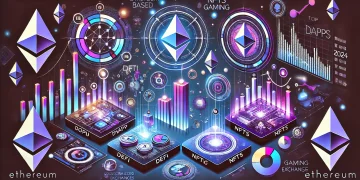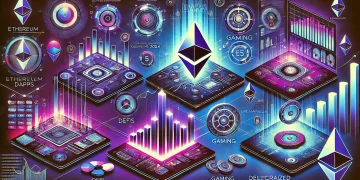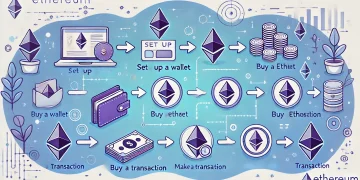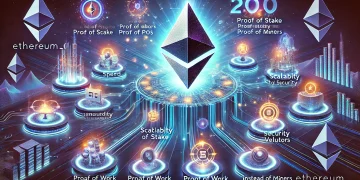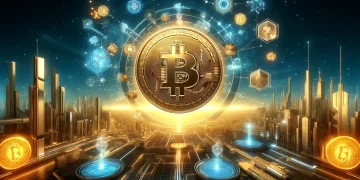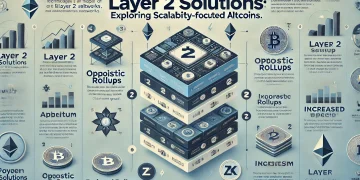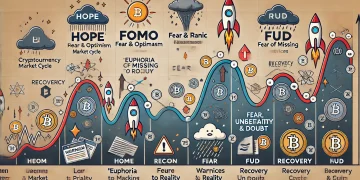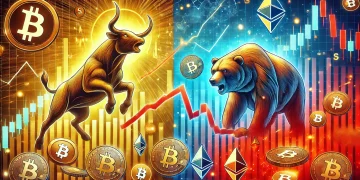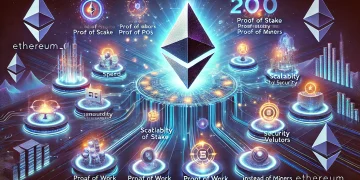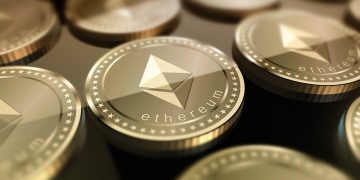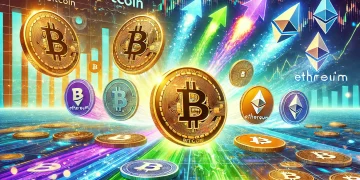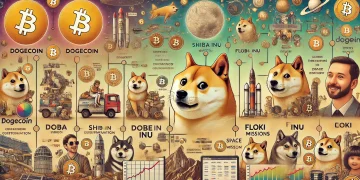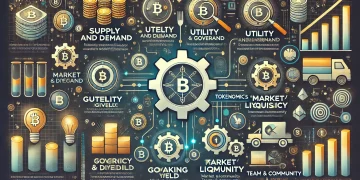The convergence of blockchain technology with the gaming industry has sparked a revolutionary transformation in how games are developed, monetized, and experienced. This integration, coupled with the rise of Non-Fungible Tokens (NFTs), has created new paradigms for digital ownership and value creation in gaming, fundamentally altering the relationship between developers, players, and virtual assets.
The Evolution of Gaming Economics
Traditional Gaming Model vs. Blockchain Gaming
The traditional gaming industry has long operated on a centralized model where publishers maintain complete control over in-game assets, virtual currencies, and player experiences. Players invest time and money into games but never truly own their digital assets. Blockchain technology has disrupted this model by introducing true digital ownership, allowing players to maintain control over their in-game assets through NFTs and cryptocurrency tokens.
The shift from “play-to-own” to “play-to-earn” represents a fundamental change in gaming economics. Players can now earn real economic value through gameplay, trading virtual assets, and participating in virtual economies. This transformation has created new opportunities for players, particularly in developing economies where gaming can provide significant income streams.
The Rise of Play-to-Earn Games
Play-to-earn games have emerged as a significant force in the blockchain gaming ecosystem. These games reward players with cryptocurrency tokens or NFTs that have real-world value. Popular titles like Axie Infinity demonstrated the potential of this model, generating millions in revenue and creating economic opportunities for players worldwide.
The success of early play-to-earn games has inspired a new generation of blockchain games that focus on sustainable economics and engaging gameplay. Developers are increasingly focusing on creating games that balance entertainment value with earning potential, moving beyond simple grinding mechanics to more sophisticated gaming experiences.
NFTs in Gaming: Beyond Digital Art
In-Game Assets and Virtual Real Estate
NFTs have revolutionized the concept of in-game items by providing verifiable ownership and scarcity for virtual assets. From character skins to virtual land parcels, NFTs enable players to truly own their digital assets and freely trade them across different platforms and marketplaces.
Virtual real estate in blockchain games has become particularly valuable, with some parcels selling for significant sums. Games like Decentraland and The Sandbox have created vibrant virtual worlds where players can own, develop, and monetize digital land, creating new forms of digital real estate investment.
Cross-Game Interoperability
Blockchain technology enables unprecedented levels of asset interoperability between different games and platforms. NFTs can be designed to work across multiple games, allowing players to use their assets in various virtual environments. This interoperability creates additional value for digital assets and encourages collaboration between different game developers.
Technical Infrastructure and Innovation
Blockchain Gaming Platforms
Several blockchain networks have emerged specifically designed for gaming applications. These platforms offer high throughput, low transaction costs, and specialized features for game developers. Networks like Immutable X and Polygon have become popular choices for blockchain game development due to their scalability and gaming-focused features.
The development of dedicated gaming blockchains has addressed many early challenges in blockchain gaming, including high transaction fees and slow confirmation times. These specialized platforms provide the infrastructure necessary for smooth gaming experiences while maintaining the benefits of blockchain technology.
Smart Contract Integration
Smart contracts form the backbone of blockchain gaming mechanics, enabling automated and transparent game rules, asset trading, and reward distribution. These self-executing contracts ensure fair gameplay and reduce the need for intermediaries in gaming transactions.
The Social Impact of Blockchain Gaming
Community Ownership and Governance
Blockchain games often implement decentralized governance models where players can participate in decision-making through governance tokens. This approach creates more engaged communities and allows players to have a direct say in game development and economic policies.
The community-driven nature of many blockchain games has led to the formation of gaming guilds and player-owned economies. These organizations provide resources and support to new players while creating new social structures within gaming communities.
Frequently Asked Questions
Q: How do NFTs enhance the gaming experience? A: NFTs provide true ownership of in-game assets, allowing players to trade, sell, or use their items across different games. This creates additional value and incentives for players to invest time and resources into games.
Q: What makes blockchain games different from traditional games? A: Blockchain games offer true asset ownership, play-to-earn mechanics, and decentralized governance. Players can earn real economic value and have more control over their gaming experience compared to traditional games.
Q: Are blockchain games sustainable in the long term? A: Sustainability depends on creating balanced economies, engaging gameplay, and maintaining player interest beyond purely financial incentives. Successful projects focus on long-term value creation rather than short-term profits.
Q: How do gaming NFTs differ from traditional NFT art? A: Gaming NFTs typically have utility within game environments, affecting gameplay or providing specific functions. This utility adds value beyond mere collectibility or artistic merit.
Q: What infrastructure is needed to play blockchain games? A: Players typically need a cryptocurrency wallet, access to relevant cryptocurrencies or tokens, and sometimes specific blockchain network connections. Many games are working to simplify these requirements for mainstream adoption.
Future Trends and Developments
Enhanced Gaming Experiences
The next generation of blockchain games focuses on creating more immersive and entertaining experiences while maintaining the benefits of blockchain integration. Advanced graphics, complex gameplay mechanics, and engaging narratives are becoming standard features.
Mainstream Adoption Challenges
While blockchain gaming continues to grow, several challenges remain for mainstream adoption. These include simplifying user onboarding, reducing technical barriers, and creating more engaging gameplay experiences that appeal to traditional gamers.
Market Impact and Economic Opportunities
Investment and Development
The blockchain gaming sector has attracted significant investment from both traditional gaming companies and crypto-native organizations. This influx of capital has accelerated development and innovation in the space.
New Business Models
Blockchain gaming has created new business models for developers, players, and investors. Revenue sharing models, player-owned economies, and decentralized development funding have emerged as viable alternatives to traditional gaming business structures.
Conclusion
The impact of blockchain technology on the gaming industry represents a fundamental shift in how digital entertainment is created, consumed, and monetized. NFTs and blockchain gaming have introduced new paradigms of digital ownership and value creation, while creating opportunities for players to participate in virtual economies in meaningful ways.
As the technology continues to mature and developers create more sophisticated gaming experiences, the intersection of blockchain and gaming will likely continue to evolve. The success of this evolution will depend on finding the right balance between entertaining gameplay, sustainable economics, and technological innovation.

